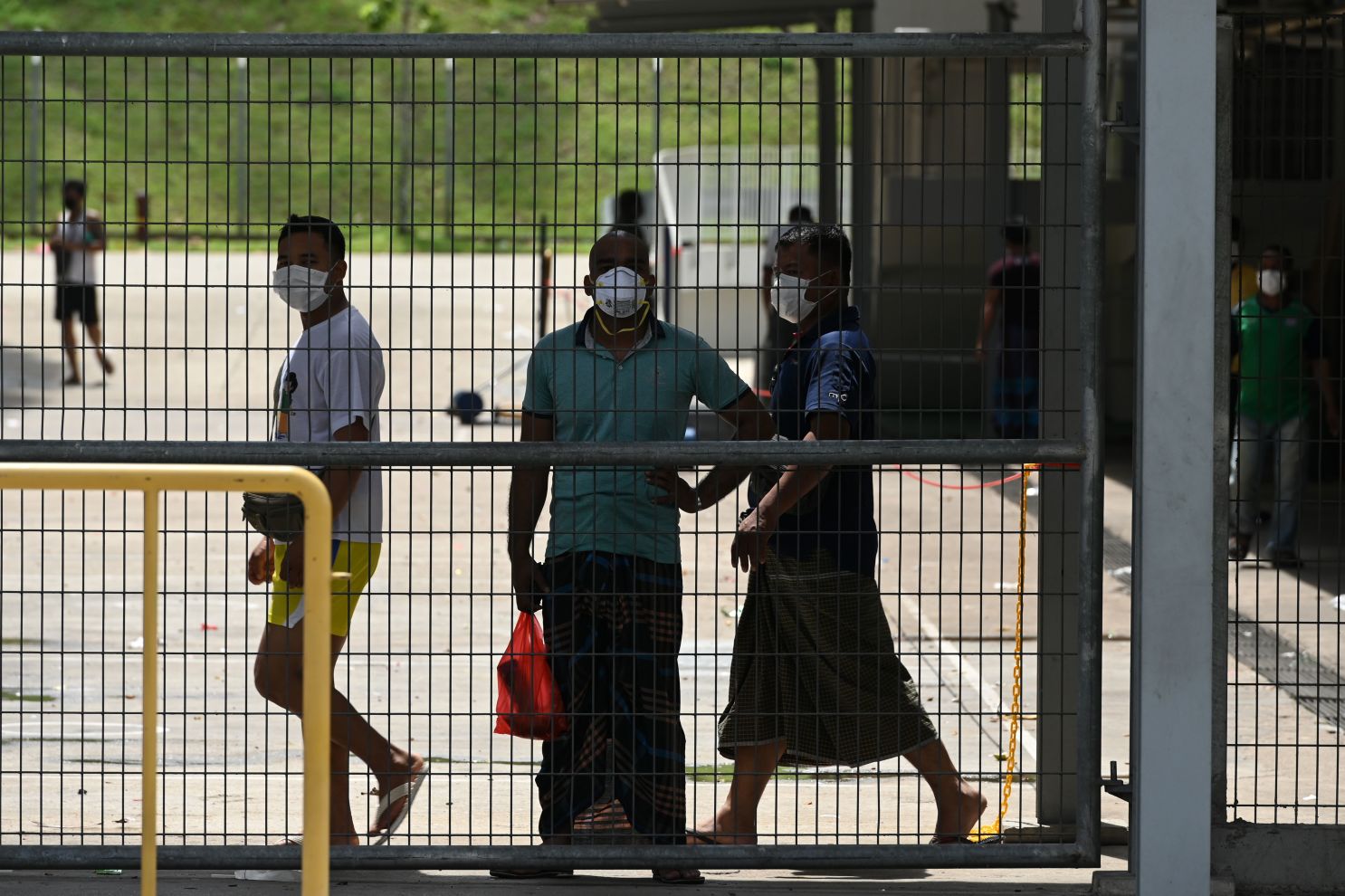Singapore — The Government has set up a new task force to enhance mental health care support for migrant workers in the country.
It will comprise representatives from the Ministry of Manpower (MOM), government psychologists, the Institute of Mental Health (IMH), the Migrant Workers’ Centre (MWC) and the non-profit organisation HealthServe.
Project Dawn, which was announced on Friday (Nov 6), has established a framework to build a support ecosystem that will improve mental health awareness among migrant workers and provide better access to care services.
At the core of the framework is a seven-point strategy which consists of primary,
secondary and tertiary prevention:


In the first phase, the task force will raise awareness on good mental health practices by promoting good mental health and stress management practices among migrant workers in culturally appropriate ways. One example is to ensure social well-being activities, such as “safe rest days” and excursions with managed itineraries to places like parks with community partners, are more accessible to migrant workers.
The task force will also include mental health education in a Settling-in-Programme (SIP) for migrant workers from next year. This will help it reach out to all new migrant workers and equip them with positive mental well-being tips and resources to support them in their transition to Singapore.
Culturally adapted mental health resources will also be developed for migrant workers and made available on tech-enabled platforms such as FWMOMCare App and websites.
Efforts in the second phase will be geared towards improving migrant workers’ access to mental health services. The task force will equip frontline officers, dormitory operators, employers and NGOs with the necessary knowledge and skills to better detect at-risk workers early and refer them to appropriate care.
It has already begun training our Forward Assurance and Support Team (FAST) officers in psychological first aid and will extend similar training to all regional medical centres. Counselling and para-counselling services would also be strengthened in terms of capacity and capabilities.
In the final phase, the task force aims to improve the range and level of support of services for migrant workers who may need follow-up care in the community. Besides medical support, case management at the community level will also be an important area to enhance under this thrust.
The priority is to enable appropriate triaging and escalation of cases requiring specialist intervention to healthcare partners such as IMH. Beyond case escalation, it is vital that discharged migrant workers continue to receive care and support for their recovery.
The MOM said: “We are committed to strengthen migrant workers’ understanding and resilience towards mental health, ensure at-risk migrant workers are identified early, and enable appropriate access to care services, including counselling and post-intervention support.
“Through the Project Dawn framework, we now have concrete plans to make
this happen.” — TISG

